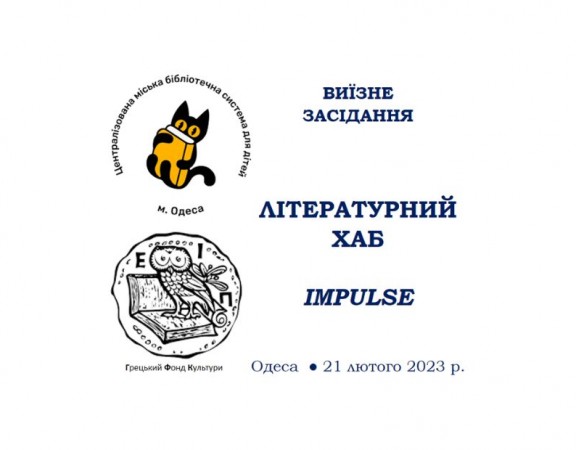On May 30, 2019, at 16:00, at the Branch of the Hellenic Foundation for Culture, G.V. Florovsky Center for Research and Education of I.I. Mechnikov State University of Odessa will present the lecture “Nostalgia for Byzantium in Modern Culture” by Olena Petrykivska, Ph.D., associate professor of the Department of Philosophy and Methodology of Cognition.
“Over the last century, Byzantine studies have done a lot to overcome the negative image of Byzantium developed in Western European culture. Important contributions to understanding the civilization and culture of the “Second Rome” were made by researchers from Odessa such as F.I. Uspensky, N.P. Kondakov, A.I. Almazov and G.V. Florovsky, who proposed influential interpretations of the Byzantine cultural type. Under the influence of their work, a broad public debate arose about the unrealized potential of the Byzantine civilization.
Byzantium is still the subject of controversy. Is Byzantium different from Europe or is it “other” Europe? The image of Byzantium arises in the minds of those who consider themselves to be other Europeans and refuses to build their national and cultural identity on the model of a new European nation-state.
In the post-modern and post-secular contexts, all meanings have shifted slightly, while the ideas and practices that seemed self-evident are no longer perceived as such. The new agenda focuses on the ideologically unbiased assessments of the medieval origins of modern cultures, theological systems, religious anthropology. Modern Byzantine studies recognize the importance of studying Christian culture from an aesthetic point of view to reveal its specificity.
The lecture will discuss some examples of how the modern culture has adopted various aspects of the Byzantine culture. This will give an interesting example of the dialogue between traditional and modern cultures, the apprehension of the Byzantine theme by modern consciousness. Beginning with the “negative myth” of Byzantium, we will turn to a “positive myth” and end with a “nostalgic myth” that will be presented as a complex context not related exclusively to science. We will try to understand how relevant Byzantium is today and why, as O.P. Kazhdan put it, “our century increasingly more often refers to the Byzantine experience in order to understand the modern world”.
Assoc. Prof. Olena Petrykivska








